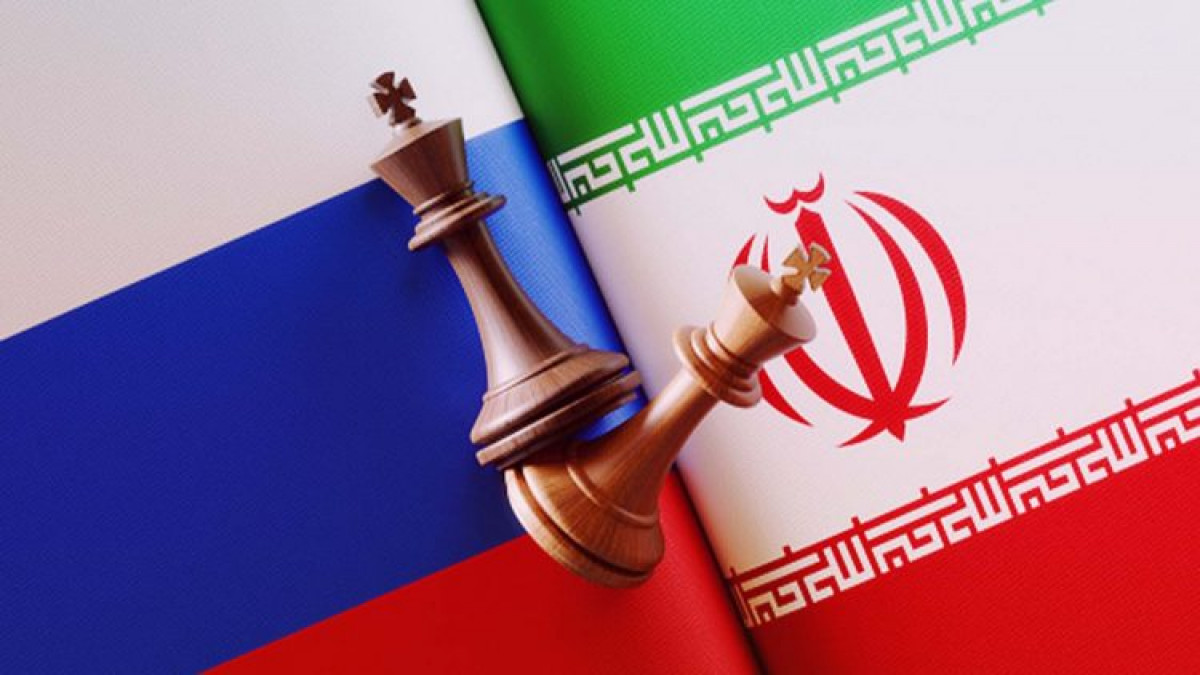 230
230
Iran and Russia have been discussing how to interact with the Taliban since 2016, and even before that. In the same year, the US announced that Moscow was delivering modern Russian equipment to the Taliban, and Moscow displayed its readiness to engage with the Taliban in order to confront the US and NATO and safeguard its critical interests in the region.
With the development of the first ISIS cells in eastern and western Afghanistan, Iran’s worries about the group’s influence among Iran’s Sunni minority, some of whom dwell in Afghanistan-Iran border areas, intensified.
According to the Islamic Republic, foreign-backed opposition organisations on the Iranian eastern borders have the potential to unite with ISIS or other hardline organizations. As a consequence, the Iranian authorities will band together with any anti-ISIS entity, like the Taliban, that promotes Iran’s long-term national interests.
As a consequence, the Iranian authorities will band together with any anti-ISIS entity, like the Taliban, that promotes Iran’s long-term national interests.
Despite the fact that the United States and NATO officials have regularly scolded Russia and Iran for their efforts to contact the Taliban, Tehran and Moscow’s strategic and security cooperation have been maintained based on common interests. For the following reasons, Russia and the Islamic Republic are cooperating on the existing situation in Afghanistan:
First and foremost, Iran and Russia share the withdrawal of NATO and the United States from the region, as well as the evacuation of US military camps in Afghanistan. The 20-year US presence in the region, the ongoing tensions, and the military conflict and information war between Iran and Russia vis-a-vis the US have caused a great deal of trouble for both Iranians and Russians, and as a result, the end of the Afghan occupation and the withdrawal of the US and other Western countries have given both countries a sense of security.
The breakdown of US hegemony in Afghanistan in the region is a positive development for both Iran and Russia, and it will result in tighter collaboration between the two states.
Second, by preserving relations with the Taliban, Tehran and Moscow are proving to the West that they are still a vital regional force.
Iran is an important and strong Afghan neighbour, and Russia, which has renewed its regional and global expansion strategy under Putin, is fully prepared to fight the US and NATO, and will no longer permit the West to play a role in Afghanistan.
Regional alliances are growing between Russia and China, Iran and China, and Russia and Pakistan, on the other hand. Iran’s involvement in the Shanghai Organization reflects the country’s stronger relations with Russia and China.
This coordination and shared regional interests will be recognised as a tremendous achievement for the countries involved, as well as a security and geopolitical threat to the US.
Third, the emergence of ISIS and the spread of its malicious activities in the region have both made Russia and Iran feel threatened.
ISIS attacked Afghanistan in 2014, and the Kremlin is fearful that the group may grow, notably in northern Afghanistan and Central Asia. ISIS and the Taliban have been fighting each other since ISIS entered Afghanistan, and Russia and Iran have backed the Taliban in this war.
Maria Zakharova, a spokeswoman for the Russian Foreign Ministry, has indicated that Moscow has supplied intelligence against ISIS to the Taliban.
Fourth, drug trafficking constitutes a grave danger to Russia and Iran in Afghanistan. 90 percent of the world’s narcotics are made in Afghanistan, the bulk of which are manufactured in territory held by the Taliban during the previous 20 years. Most of these drugs are trafficked into Russia, where drug misuse is the second leading cause of mortality.
As a consequence, Moscow and Tehran view that the Taliban may be a greater partner in the campaign against drug trafficking than the US invaders or former Kabul regimes.
Hence, according to an unwritten law, “the enemy of my enemy is my friend.” Tehran and Moscow are actively cooperating to destabilise the United States.
Political realism governs interactions and decisions in the current environment in Afghanistan. Iranian. However, each country has its own long-term interests in the region and around the world, and Russia has expressed a willingness to pursue its one-sided policies regarding both the nuclear question and the Syrian crisis, where Iran and Russian interests contradict each other.
Comment
Post a comment for this article